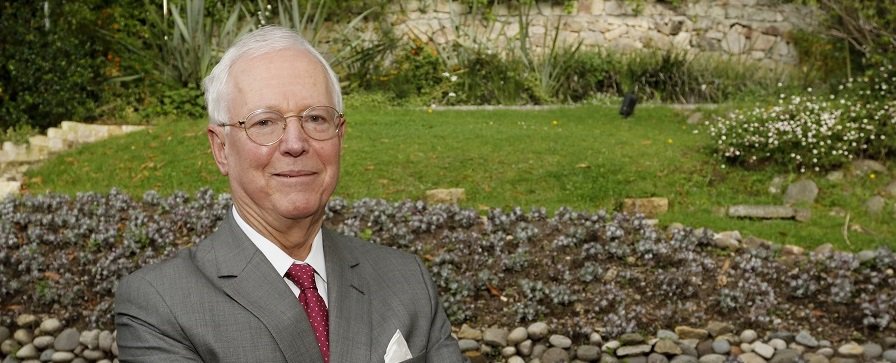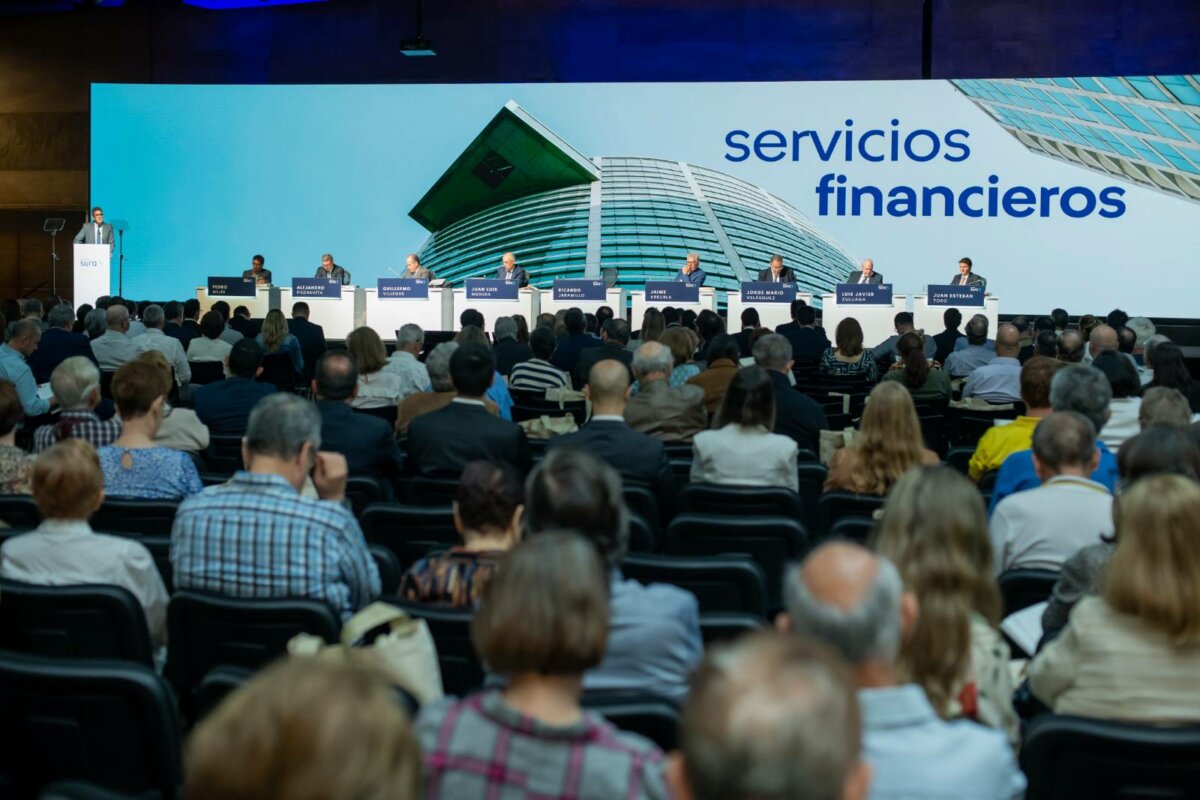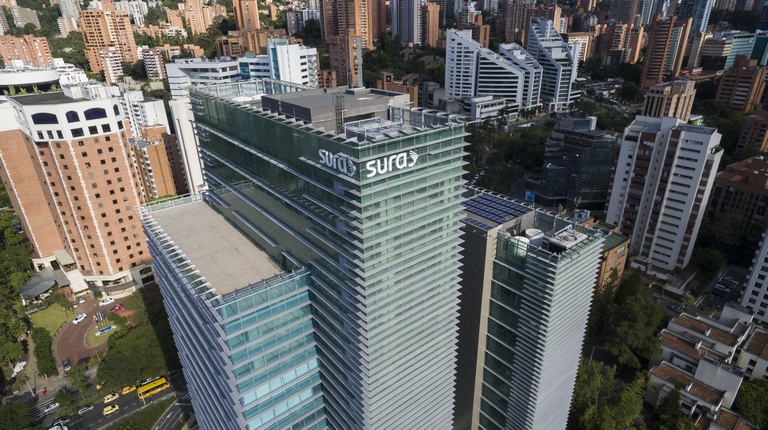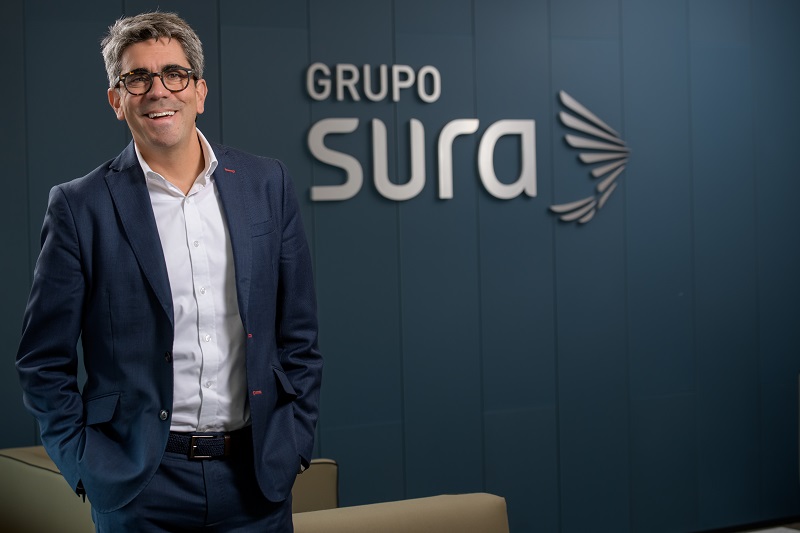This is how the lawyer, Hugo Palacios Mejía responded to questions from Valora Analitik, as part of an interview that is reproduced here since we consider it to be of interest to all our shareholders as well as other members of the general public.
Grupo Sura's legal counsel reveals how the legal proceedings are progressing with regard to Gilinski's tender offers.
Date: December 13, 2022
Taken from: https://www.valoraanalitik.com/2022/12/13/abogado-de-grupo-sura-revela-como-marchan-procesos-legales-por-las-opa-de-gilinski/
The failure of the fourth tender offer for shares in Nutresa opened a 'Pandora's box' of previous and new legal processes and appeals between the Companies making up the so-called Antioquenian Business Group (known for its abbreviation in Spanish - GEA), some of its shareholders and the Gilinski Group.
To find out how these lawsuits are progressing, Valora Analitik spoke with Hugo Palacios Mejía, legal counsel to Grupo Sura and the founding partner of the law firm Palacios Lleras.
This lawyer and economist recounted details, so far unpublished, of the proceedings currently underway, as well as responding to several questions that have arisen in this dispute and reminding us that there are always other ways to avoid resorting to the courts.
In the last few days, several market analysts have agreed that the whole process of the tender offers initiated by the Gilinski Group has already gone to legal litigation. What actions has Grupo Sura taken with regard to the oversight authorities and Gilinski's own appointees on the Company's board of directors?
There are only two lawsuits filed by Grupo Sura. One was brought in August by Grupo Sura and EPS SURA to annul the authorization issued by the Colombian Superintendency of Health regarding the indirect acquisition of a stake in EPS SURA as part of the first tender offer for shares in Grupo Sura. This suit has not yet been admitted.
Another more recent lawsuit is against the three directors who took the name of Grupo Sura's Board of Directors in order to sell shares in Nutresa. This lawsuit was admitted and led to precautionary measures being decreed that have been widely publicized in the media.
The judge who heard this lawsuit ordered the Company´s administrators to refrain from, and I open quotation marks: "executing orders or instructions that supposedly come from the Company's Board of Directors, when such orders or instructions have been adopted with the participation and votes of less than four members", and I close quotation marks. With regard to another lawsuit, filed by one of Grupo Sura´s shareholders, the corresponding judge ordered something similar.
In that sense, what kind of disqualifications could María Ximena Lombana and Ángela María Tafur have in the future as members of the recently appointed Board of Directors, when they are being sued by the same Company and also as part of a class action suit filed by a small shareholder?
They have a clear conflict of interest in any matter relating to the frustrated tender offer launched by the IHC Arabs as well as the venture of those two directors who, with the help of a former member of the current Board of Directors, tried to act as Grupo Sura´s Board of Directors.
What are the differences between the legal proceedings being pursued in the Superior Courts in both Medellin and Bogotá? Are they different, opposite or interrelated?
None of the proceedings filed by Grupo SURA have been brought before a Superior Court One is being heard before a civil circuit judge in Medellín and the other before the Contentious Administrative Court of Cundinamarca.
In order to provide context, the Superior Court of Bogota is processing the challenge against the officer of the Colombian Superintendency of Corporations (known as Supersociedades in Spanish) that decreed a precautionary measure with regard to a lawsuit filed by JGDB and Nugil against Grupo Nutresa, Grupo Sura and others. He was recused because he and his wife have had ties with one of the law firms that have provided services to the plaintiffs.
On the other hand, the three directors who wanted to force Grupo Sura to sell Nutresa shares appealed before the Superior Court of Medellín. They have launched this complaint because a judge admitted a class action lawsuit against them, and because that judge decreed precautionary measures that prevented the administrators of Grupo Sura from complying with the orders issued by the three members of the Board of Directors.
Does Grupo Sura trust the actions taken so far by the Colombian Superintendencies of Corporations, Finance and Health or do they see any omissions and irregularities?
Yes, we have seen irregularities. For this reason, Grupo Sura appealed certain decisions issued by the Colombian Superintendency of Finance as well as the Superintendency of Industry and Commerce that were related to the tender offers launched by the companies belonging to Jaime Gilinski. It also sued the Colombian Superintendency of Health, for having failed to demand the information and carry out the examinations, as required by law, and which it had always exacted in previous cases.
The law requires that if someone wishes to acquire, directly or indirectly, a 10% stake or more in a Health Promoting Company or EPS(as it is known for its abbreviation in Spanish), they must first obtain due authorization from the Colombian Superintendency of Health. Otherwise, the stakes thus acquired shall become automatically void, that is to say, without the need for a judge to declare their annulment.
Grupo Sura holds an 81.12% stake in Suramericana S.A., which in turn has a 93.68% stake in EPS Sura. Therefore, when JGDB sought to acquire shares in Grupo Sura, and Nugil in Nutresa, they sought to acquire, indirectly, shares in EPS Sura. And they needed prior authorization from the Superintendency of Health, which they did not obtain.
JGDB and Nugil were late in requesting authorization from said Superintendency, which was subsequently granted on January 13, 2022, when JGDB had already acquired shares in Grupo Sura as part of the first tender offer together with Nugil in Nutresa. Then with no prior authorization, JGDB acquired more shares in Grupo Sura until reaching a 37,69% stake in its share capital Nugil also bought more shares in Nutresa shares until achieving more than 27%.
Throughout these tender offers, attempts were made to question the cross holdings existing between Grupo Sura, Nutresa and Grupo Argos. Why are those cross holdings legal and what are the red lines in light of the law?
The cross holding of shares between these companies is legal, it was done decades ago and both the country and its authorities have been fully aware of this circumstance. No authority has objected to this and none of the companies involved in these cross-holdings has control over the others, since they operate in different economic sectors and have their own governing bodies.
Indeed, cross holdings have proven to be an instrument that protects shareholders against cyclical changes in the economy.
Has Grupo Sura considered filing lawsuits against Jaime Gilinski , his son Gabriel, or their companies Nugil or JGDB, after the direct media pressure that has been brought to bear on members of the Board and the Company's executives themselves? If so, what are or would be the legal arguments for doing so?
Yes, should this be necessary, although Grupo Sura is not in the business of litigation. New lawsuits will be filed if these are considered to be essential in order to protect the Company and its shareholders. The Company shall also enforce the legal rules and regulations regarding conflicts of interest.
As for the other side, the media is reporting that Gilinski 's lawyers are preparing lawsuits against the administrators of Grupo Sura, arguing that they did not follow the instruction given to sell in the last tender offer for shares in Nutresa. Is there any process or lawsuit on the part of this shareholder that concerns Grupo Sura with regard to the decisions taken so far by its Board of Directors, as they have in fact insinuated, including against its administrators?
Grupo Sura is not concerned about such lawsuits. The judges prohibited the administrators from complying with the three directors who tried to force the sale of shares in Nutresa as part of the last tender offer. In any case, it was clear that these three directors could not act on behalf of a seven-member board.
Before the legal battle began, did Gilinski have other options for addressing his differences with other Grupo Sura shareholders and with the Company’s own management?
Of course he did. It would have always been possible for him to propose negotiations around a project that would advance the interests of each company and its shareholders. But Gilinski preferred a hostile takeover strategy.
On the other hand, there is the criminal complaint reported by the Public Prosecutor´s Office, associated with the judicial distribution of the civil lawsuits filed by both Grupo Argos and Grupo Sura in the middle of IHC's tender offer for shares in Nutresa. What effect does this complaint have on Grupo Sura and has someone from its administration been notified or linked to this investigation?
The Public Prosecutor´s Office informed that once Grupo Sura and Grupo Argos filed civil lawsuits in connection with the frustrated tender offer on the part of the IHC Arabs, there were two criminal complaints in response that criticized the writs admitting the civil lawsuits and the order decreeing precautionary measures.
I have reviewed the information regarding the timing when the civil lawsuit was filed by Grupo Sura, the jurisdiction to which it was assigned, its writ of admission and the order decreeing the precautionary measures, and I am convinced that all these events took place in the manner provided by law.
It is important to note that these criminal complaints have not been filed against Grupo Sura or Grupo Argos, because the law does not admit these being brought against companies. In any case, Grupo Sura asked the Public Prosecutor's Office to provide the text of these criminal complaints and said Office has not yet authorized these copies to be issued. But no one associated with Grupo Sura has been linked to the criminal investigation.
Perhaps the people who took the name of Grupo Sura’s Board of Directors to force the sale of shares in Nutresa trusted in the slow pace of justice to succeed in their venture.
Throughout this entire legal novel, it has also emerged that Grupo Sura is not fulfilling its so-called "fiduciary duty to its shareholders" by deciding not to sell its shares as part of tender offers launched for stakes in other companies belonging to the Antioquenian Business Group (GEA), what do you think about this?
The so-called Antioquenian Business Group (GEA) does not legally exist and is an informal title and abbreviation to refer to three companies that have patrimonial ties.
Regarding the actual question, however, the statement that Grupo Sura has failed to comply with its fiduciary duty is false. The fiduciary duty of a company´s administrators is to the company and its shareholders themselves, not with those who want to buy its assets, and even less those that have a strategic value. A sale is not made solely for price reasons. Furthermore, in Colombia shares cannot be expropriated through tender offers.
In any case, the fact that there have been four consecutive tender offers for shares in Nutresa, each with successively higher prices than the previous ones, is the best proof of how correct the decisions have been, as taken by the Board of Directors of Grupo Sura, in its capacity as the main shareholder of Nutresa. We are sorry for those who sold first.
From the legal point of view, what are the implications of the leaks that have been fed to the media regarding the discussions held by Grupo Sura´s Board of Directors? What will the Company do about it?
The people responsible for such leaks violate their duty of confidentiality, and harm the Company because they prevent Board discussions from having the spontaneity that they should ordinarily have. Grupo Sura has received a recommendation to investigate those responsible and to ask the courts to punish them.
In just the last year, Grupo Sura has held 11 extraordinary shareholder meetings and has changed the structure of its Board of Directors 5 times, which is a record for a Colombian company listed on the local stock market. How has this affected the Company’s corporate governance, its Senior Management and the strategic work of its Board of Directors?
The hostile takeover bids have occupied Grupo Sura too much, this without taking into account other damages of a diverse nature. In any case, its subsidiaries do not have to be affected, nor do the interests of its customers, employees, suppliers and other stakeholders.
Even in the midst of these controversies, 2022 is expected to be a very good year on all Grupo Sura´s managerial fronts, as the consolidated results for this past third quarter have already shown.
The resignation letters of the four members of the past Board of Directors that were made public, revealed their enormous discomfort with the performance of Gilinski 's appointees. In light of how the new board of directors is structured, where Tafur and Lombana continue to serve, is this tension likely to continue or can we look forward to less confrontational times?
The majority of the members of the Board of Directors have no problems whatsoever and Grupo Sura, of course, shall respect the rights of all its directors. But the directors questioned in court shall be held accountable for their actions. Let us hope that they can do so without hindering the fulfillment of the normal functions of the Board of Directors.
After more than a year of tender offers for shares in Grupo Sura, Nutresa and Grupo Argos, and without knowing if more are to come, what specific changes do you think Colombian legislation should undergo in the light of more developed markets with regard to this type of offerings by companies listed on the Colombian stock exchange?
The difficulties encountered were not so much a problem with legislation but rather the way in which they were applied by the Superintendency of Finance. This oversight authority had tools at hand to force the bidder to reveal plans for upward bids. It could also have forced price matching.
So, at the very least, it could be suggested that, in the case of a tender offer, no one who could be a final beneficiary of said offer, can at the same time serve on the Board of Directors of a Company that owns the shares that the bidders wish to acquire.
Returning to that discussed initially, we have three final questions rolled into one: do disputes last long, be they civil, criminal or administrative? What are the other non-legal ways for Gilinski and Grupo Sura´s shareholders to put an end to this confrontation? Is that a real possibility?
It is always desirable that the various judicial authorities act quickly in the various ongoing processes. The rules of good corporate governance stipulate ways for shareholders to reconcile the Company’s best interests with their own. That is their decision.
Therefore, Grupo SURA's management is responsible for working to ensure that disputes do not affect the Company's objectives, always in the light of the law and trusting in the impartiality of the judges.
WHO IS HUGO PALACIOS MEJÍA
Mr. Palacios graduated as a lawyer and economist from the Universidad Javeriana and went on to obtain a Master of Arts in Economics, from Vanderbilt University. He is a founding partner of the law firm Estudios Palacios Lleras. For several decades, he has taught in the Faculty of Law of the Universidad Javeriana, and authored several books and multiple articles on the relationship between the law and economics.
He was a director of the Inter-American Development Bank (IDB) for Colombia and Peru, Managing Director of Colombia´s Central Bank and Minister of Finance and Public Credit. He has been practicing law continuously since 1986.
